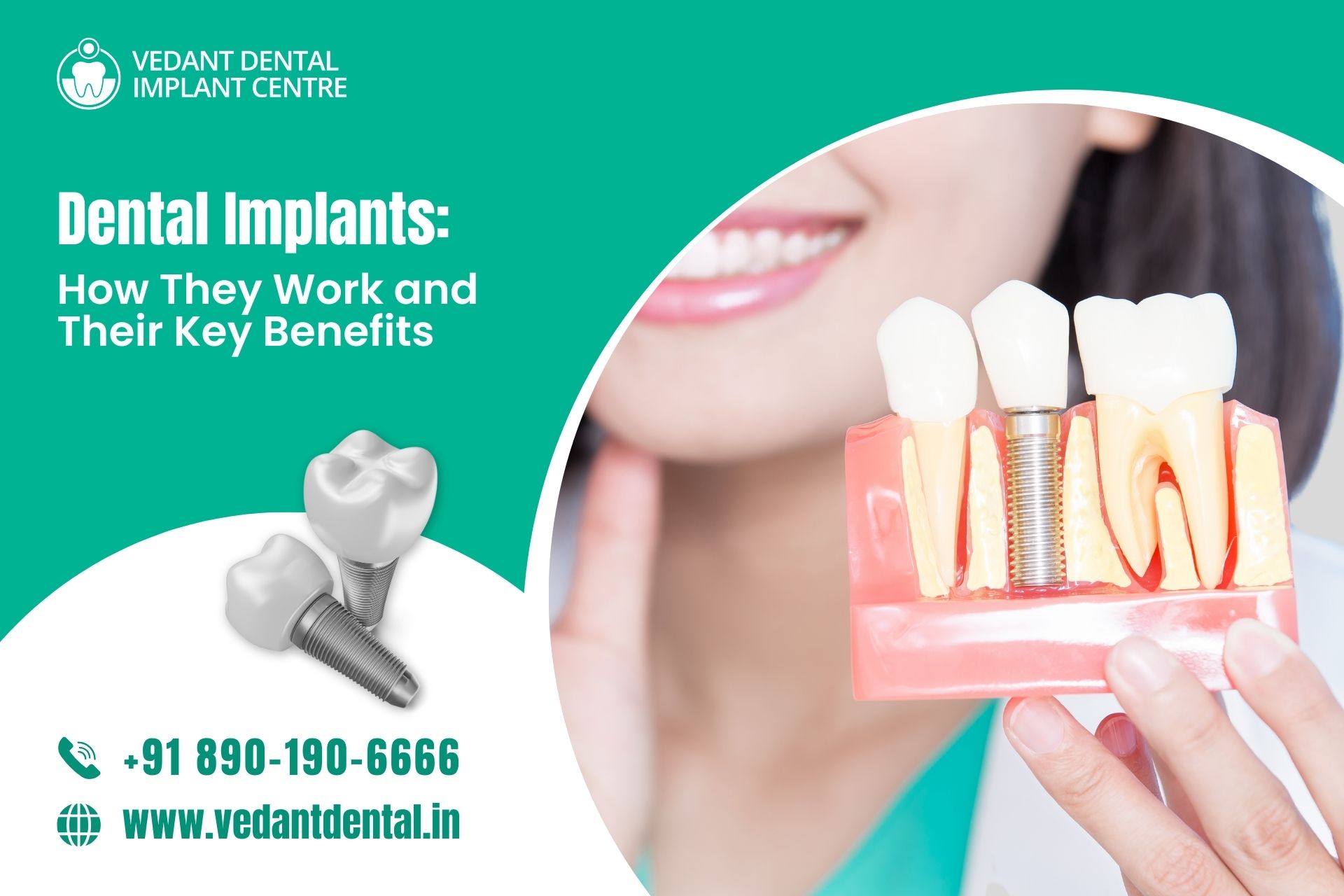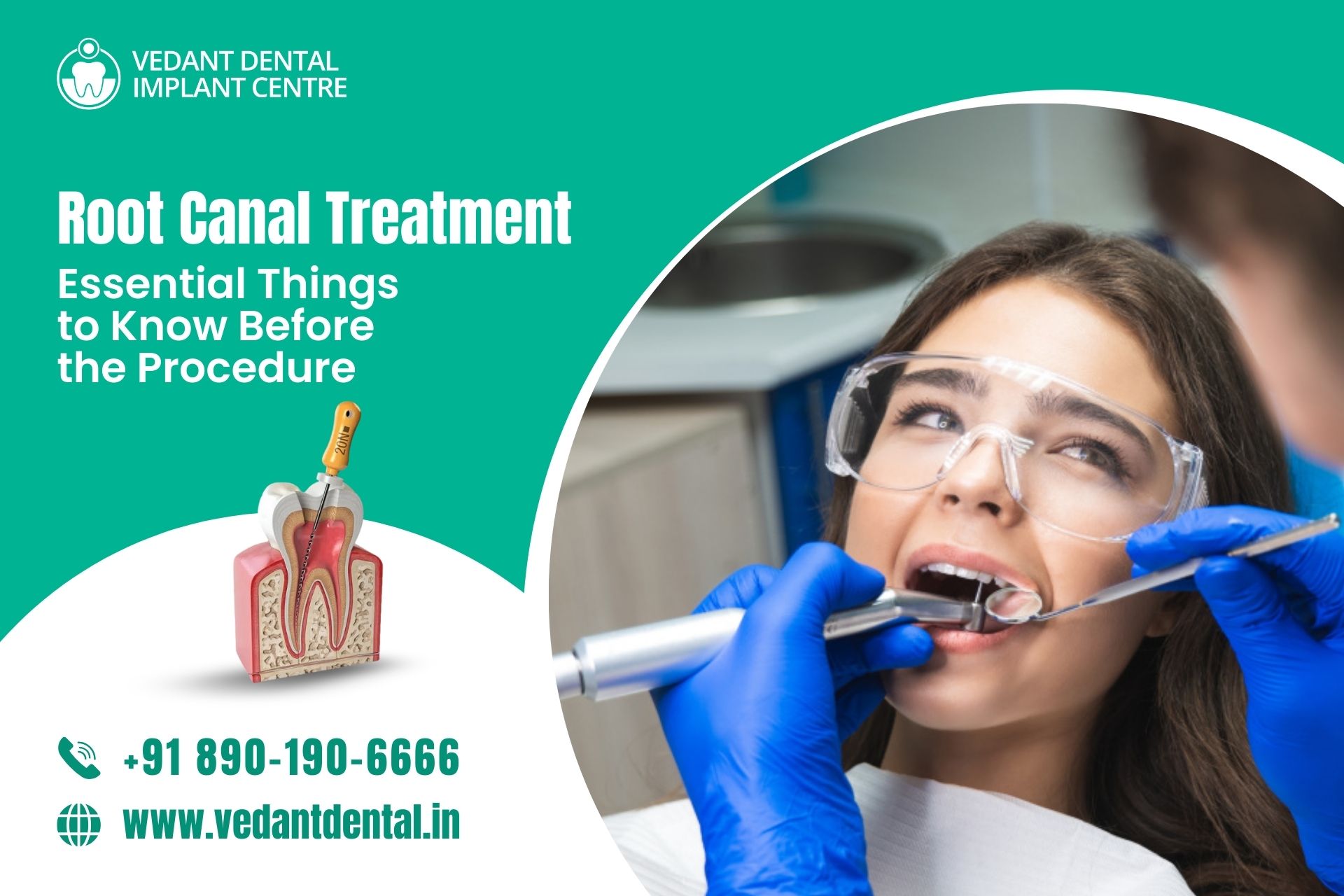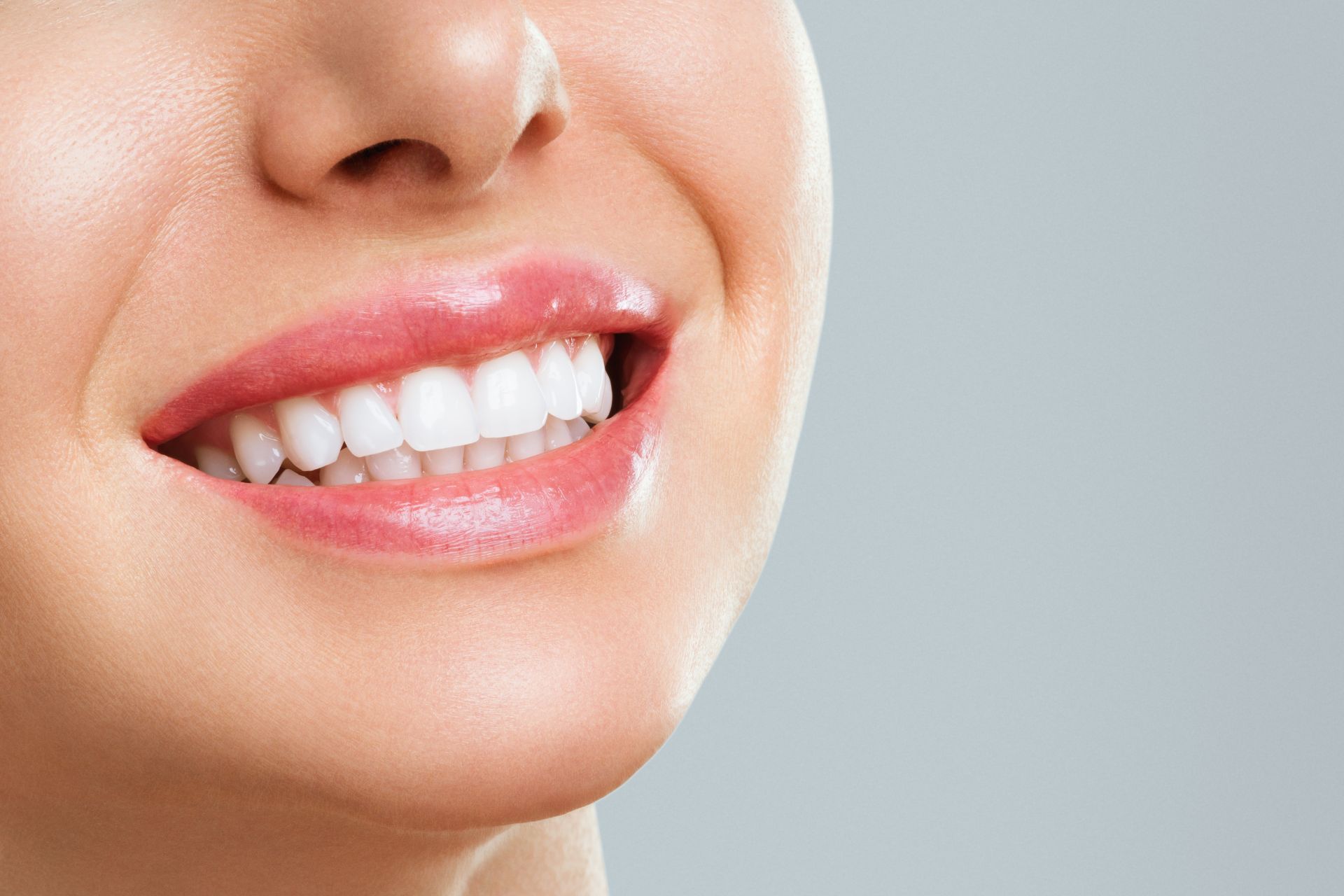
A bright, healthy smile isn't just about looking good—it’s an essential part of your overall health and well-being. While regular dental visits are crucial for keeping your teeth in tip-top shape, much of the work is done at home. Fortunately, with a few simple habits, you can maintain a healthy smile between appointments. Here are five essential tips to help you keep your teeth and gums in top condition until your next dentist visit.
1. Brush Properly, Twice a Day
Brushing is the foundation of good oral hygiene, but it’s not just about the frequency—it’s also about the technique. Make sure to brush your teeth at least twice a day, ideally in the morning and before bed. Here's how to do it effectively:
Use a Soft-Bristled Toothbrush: Hard bristles can damage your enamel and gums. Opt for a soft-bristled toothbrush that’s gentle yet effective.
Brush for 2 Minutes: Brush for a full 2 minutes to ensure you clean every surface of your teeth, including the front, back, and chewing surfaces.
Don't Forget Your Tongue: Your tongue can harbor bacteria, so make sure to gently brush it as well.
Use Fluoride Toothpaste: Fluoride strengthens your enamel and helps prevent cavities.
Brushing properly and consistently will remove plaque and food particles, preventing the buildup of harmful bacteria.
2. Floss Daily
Flossing is just as important as brushing when it comes to maintaining a healthy smile. It helps remove plaque and food particles from between your teeth and under the gumline, where a toothbrush can't reach. Even if you brush thoroughly, neglecting to floss can leave plaque buildup, potentially leading to cavities and gum disease.
Here’s how to floss correctly:
Take about 18 inches of floss and wrap the ends around your fingers, leaving a small section to work with.
Gently slide the floss between your teeth and move it in a back-and-forth motion.
Be sure to curve the floss around each tooth to clean under the gumline.
Make flossing a daily habit, preferably at night, so you go to bed with clean teeth and gums.
3. Drink Water, Especially After Meals
Drinking water throughout the day has numerous health benefits—and it’s great for your teeth, too. Water helps to rinse away food particles and acids that can contribute to plaque buildup and cavities. After eating, drinking water can help neutralize the acids in your mouth, keeping your enamel safe.
Additionally, water is essential for producing saliva, which is your body’s natural defense against tooth decay. Saliva helps neutralize harmful acids and wash away debris from your teeth. If you’re drinking sugary drinks, be sure to rinse your mouth with water afterward to limit the impact of those sugars on your teeth.
4. Limit Sugary and Acidic Foods and Drinks
What you eat plays a significant role in the health of your smile. Sugary and acidic foods can wreak havoc on your teeth, promoting tooth decay, enamel erosion, and gum irritation.
Sugary Snacks: Sugar feeds harmful bacteria in your mouth, which produce acids that can erode your enamel and lead to cavities. Opt for healthy snacks like fruits, vegetables, or nuts.
Acidic Foods and Drinks: Citrus fruits, soda, coffee, and wine can wear down enamel over time. If you consume acidic foods or drinks, try to drink water afterward and wait at least 30 minutes before brushing your teeth to avoid damaging softened enamel.
If you crave something sweet, consider chewing sugar-free gum afterward to stimulate saliva production and help neutralize acids.
5. Use Mouthwash for Extra Protection
While brushing and flossing are your main lines of defense, adding a mouthwash to your daily routine can provide an extra layer of protection. Mouthwash can help to:
Reduce Plaque and Bacteria: Many mouthwashes contain antimicrobial ingredients that can help kill bacteria and reduce plaque buildup.
Freshen Breath: Mouthwash can help freshen your breath and leave your mouth feeling clean.
Prevent Gingivitis: Some mouthwashes contain fluoride and other ingredients that help fight gingivitis, an early stage of gum disease.
Look for a mouthwash that’s alcohol-free and contains fluoride to get the most benefits. Swish it around for 30-60 seconds after brushing and flossing for an added boost to your oral health.
Bonus Tip: Don't Forget Your Regular check-ups
While these tips will help keep your smile healthy in between dental visits, remember that regular check-ups with your dentist are still essential. Professional cleanings, exams, and preventive treatments like fluoride applications and sealants can detect issues early before they become serious. Aim for a visit every six months, or as recommended by your dentist.
By adopting these simple habits, you can help ensure that your smile remains bright, healthy, and strong between dental appointments. Your teeth and gums will thank you, and you'll feel more confident every time you flash that smile!





